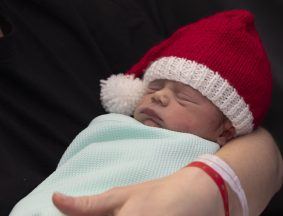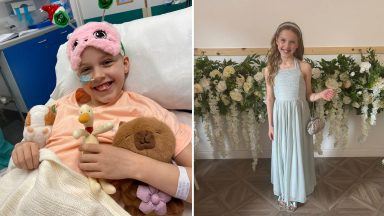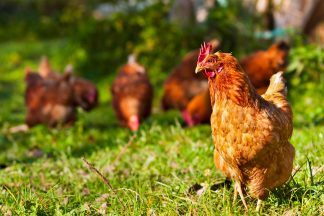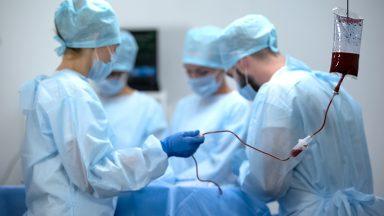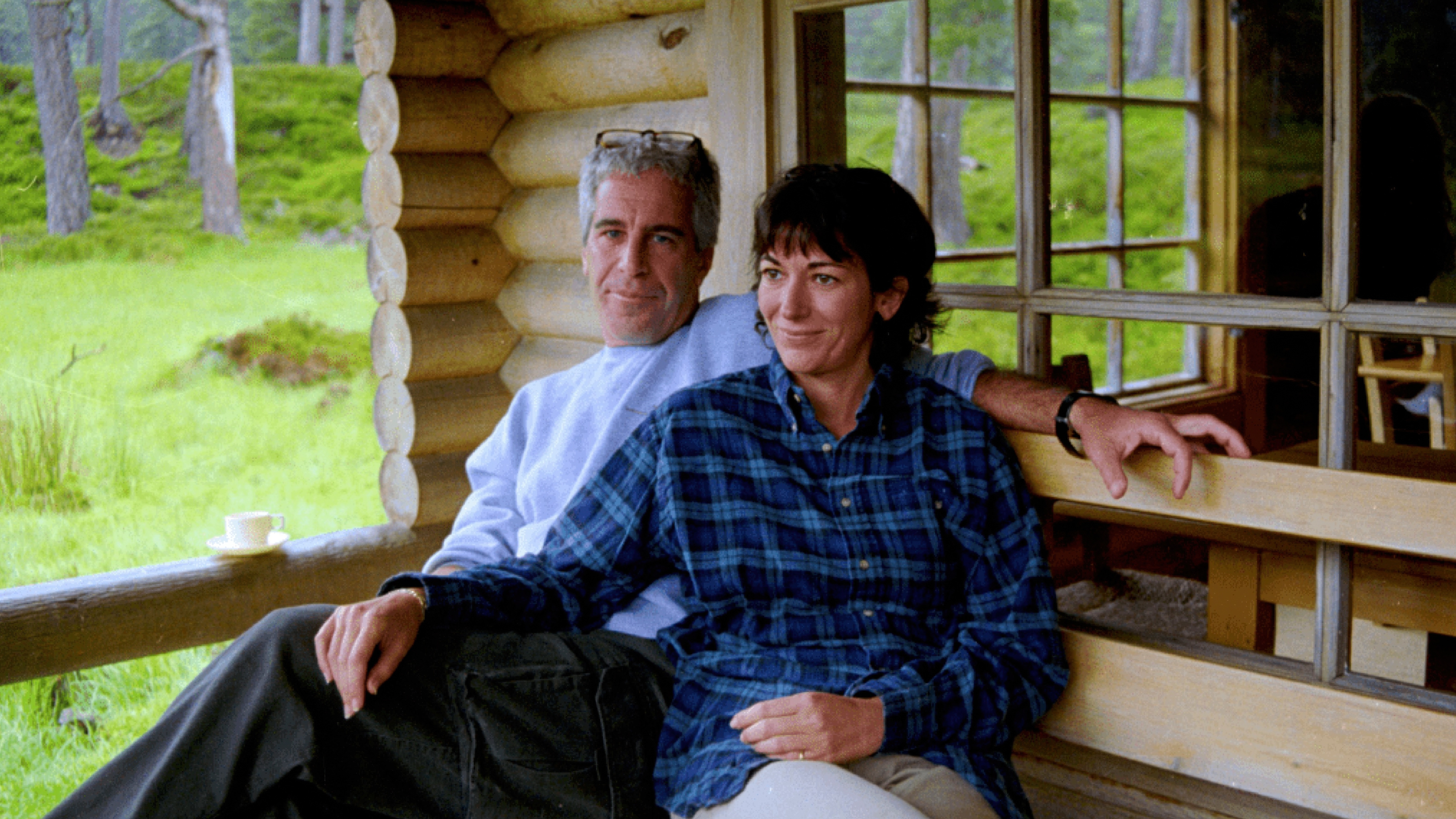A mother who nearly lost her newborn son to respiratory syncytial virus (RSV) is urging pregnant women to take up the vaccine.
Fiona Walker gave birth to baby boy Ethyan six weeks early at University Hospital Wishaw (UHW). Just days later he had to be rushed back to hospital with bronchiolitis caused by the virus.
Ethyan had developed a cough and was given oxygen while being monitored closely by staff at UHW.
His condition deteriorated and he had to be transferred to Glasgow’s Royal Hospital for Children intensive care unit where he was fighting for his life.
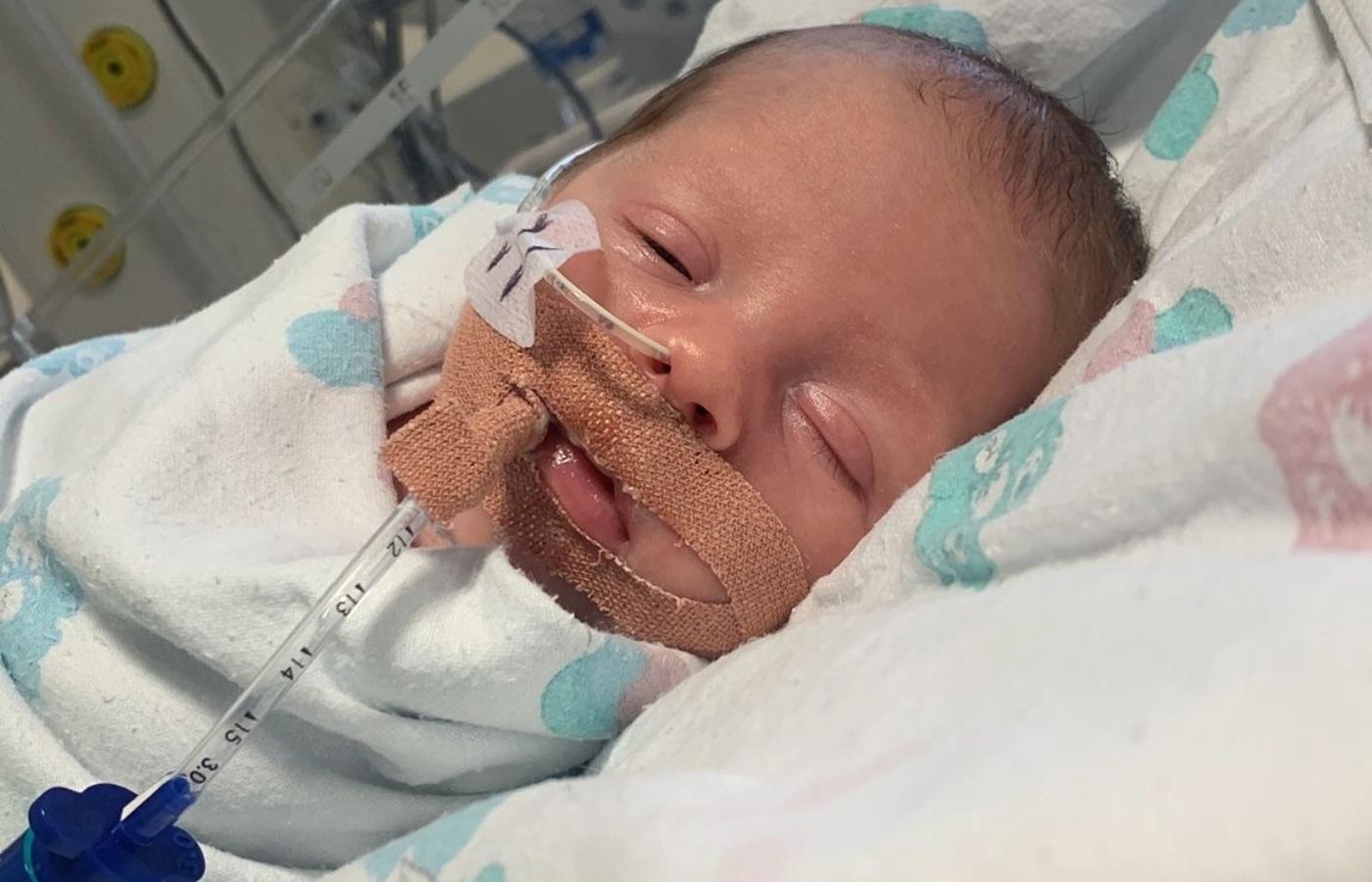 NHS Lanarkshire
NHS LanarkshireFiona said: “I had never heard of RSV before Ethyan was diagnosed and seeing him so ill was really awful.
“He was struggling to breathe and his little heart was not coping. He had to have help breathing and was in a special incubator that was kept at a steady temperature.
“He had little tubes everywhere and was under constant watch by the staff. Luckily he pulled through and is thriving but he was a really unwell baby for over a week.”
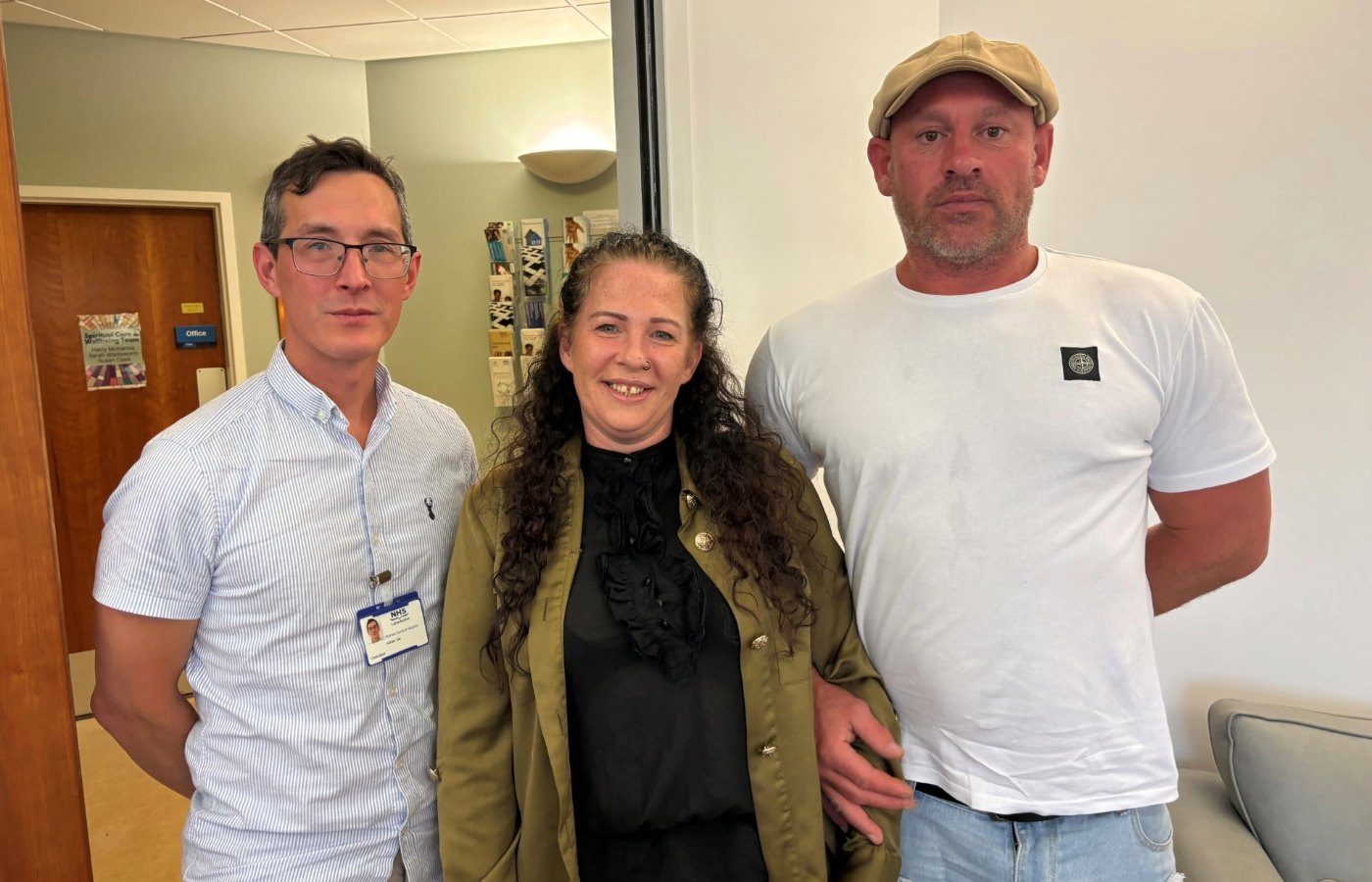 NHS Lanarkshire
NHS LanarkshireFiona believes had she had the vaccine while pregnant he would not have experienced the trauma he did.
She believes she had RSV a couple of weeks prior to giving birth and this is how it was passed to her baby.
Adrian Sie, one of the paediatric consultants looking after Ethyan while in UHW, said: “RSV is a common and highly infectious respiratory virus but most people don’t know that in young babies it can cause life-threatening illness.
“It is the number one reason for children and young people in Lanarkshire to end up in intensive care, and has been for at least the last ten years.
“There is only so much we can do to help. Ethyan was just one example of the many babies we see every year who become very poorly, very quickly.
“Thankfully he has recovered and is doing extremely well.”
What is respiratory syncytial virus (RSV) and who does it affect?
RSV is the leading cause of emergency respiratory admissions to hospital in infants.
The common and highly infectious virus affects the breathing system and generally causes mild symptoms, but can lead to severe illness in babies and the more vulnerable, including older people.
It is more common from late autumn to early spring, but can happen throughout the year.
The Scottish Government has invested £4.2m in the supply of the vaccine and Scotland is the first of the four nations to administer the vaccines, acting on expert scientific advice from the Joint Committee on Vaccination and Immunisation (JCVI).
The RSV vaccine is being offered to the most vulnerable, including all pregnant women over 28 weeks.
 NHS Lanarkshire
NHS LanarkshireFirst Minister John Swinney said: “I encourage pregnant women to take up their vaccination appointments to protect their babies against the leading cause of hospitalisation in infants during the first weeks and months of life.
“Ensuring a healthy childhood is every parent’s first priority, however, it is equally important that those aged 75-79 take up their offer of this vaccine.
“We have acted quickly with partners to introduce this vaccine in time to maximise the benefit to the more vulnerable ahead of winter. This programme will reduce the numbers seriously ill or hospitalised, helping to manage the significant winter pressures on our NHS.”
Head of Immunisation and Vaccination at Public Health Scotland Dr Sam Ghebrehewet added: “Vaccinations have played a major role in protecting the health of people across the globe over the last 50 years.
“The launch of the new RSV vaccination programme marks another significant step in protecting the population of Scotland against preventable diseases.
“RSV can be very serious for those who are more vulnerable, such as newborns, infants and older adults. If you are eligible, getting vaccinated is the best and simplest thing you can do to protect yourself or your newborn baby from RSV.
“Public Health Scotland continues to work closely with all health boards to ensure as many people as possible receive their vaccine and protect themselves against the more serious complications of an RSV infection.”
Eligible patients are being asked to speak with their midwife or to book an appointment by calling 01698 687456.
More information is also available on the RSV vaccine on the NHS Inform website.
Follow STV News on WhatsApp
Scan the QR code on your mobile device for all the latest news from around the country


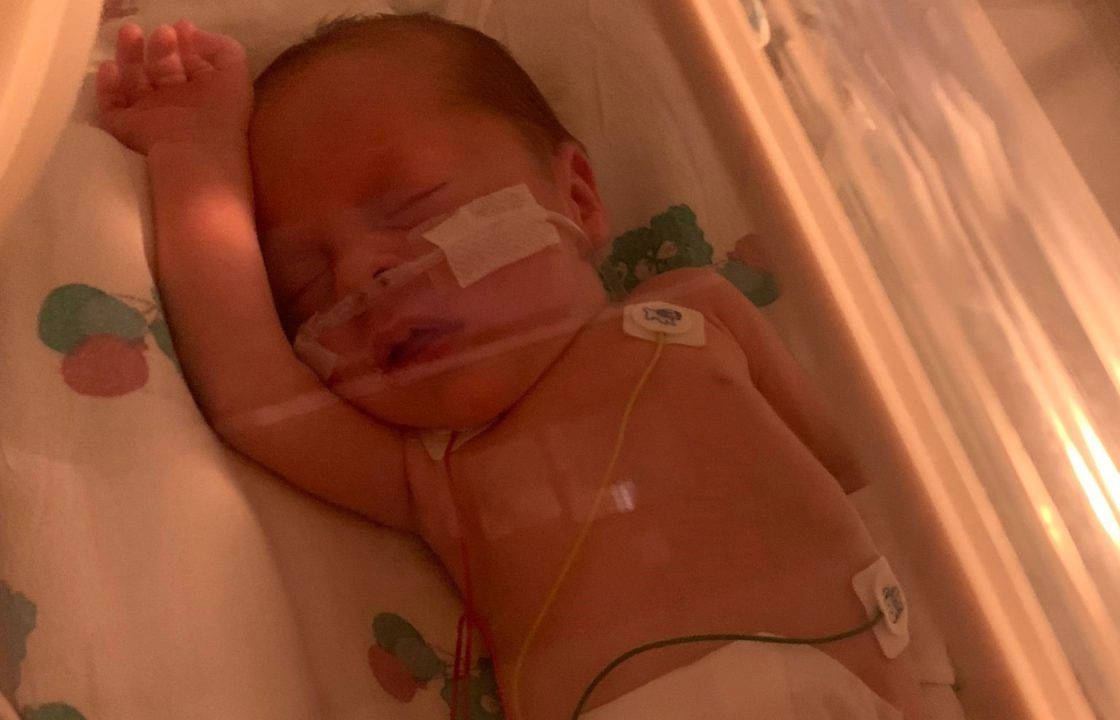 NHS Lanarkshire
NHS Lanarkshire



